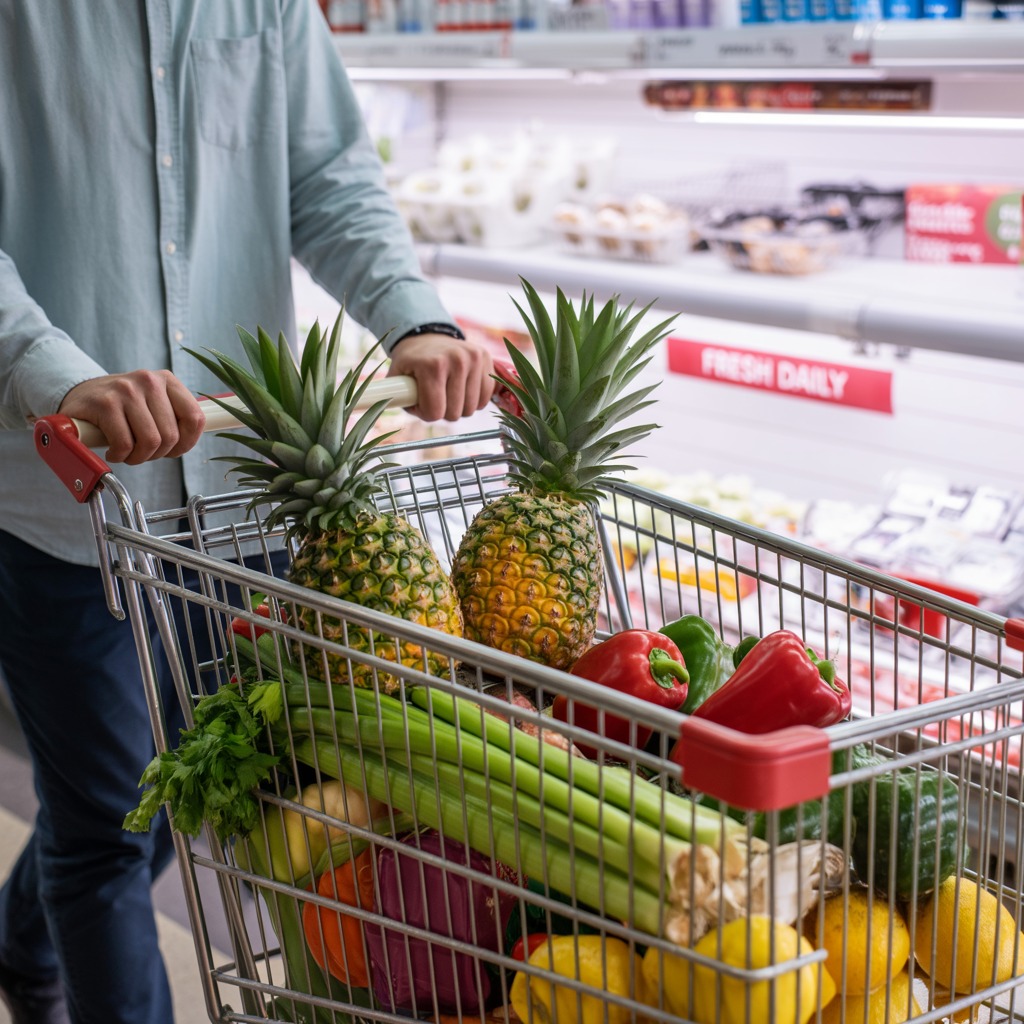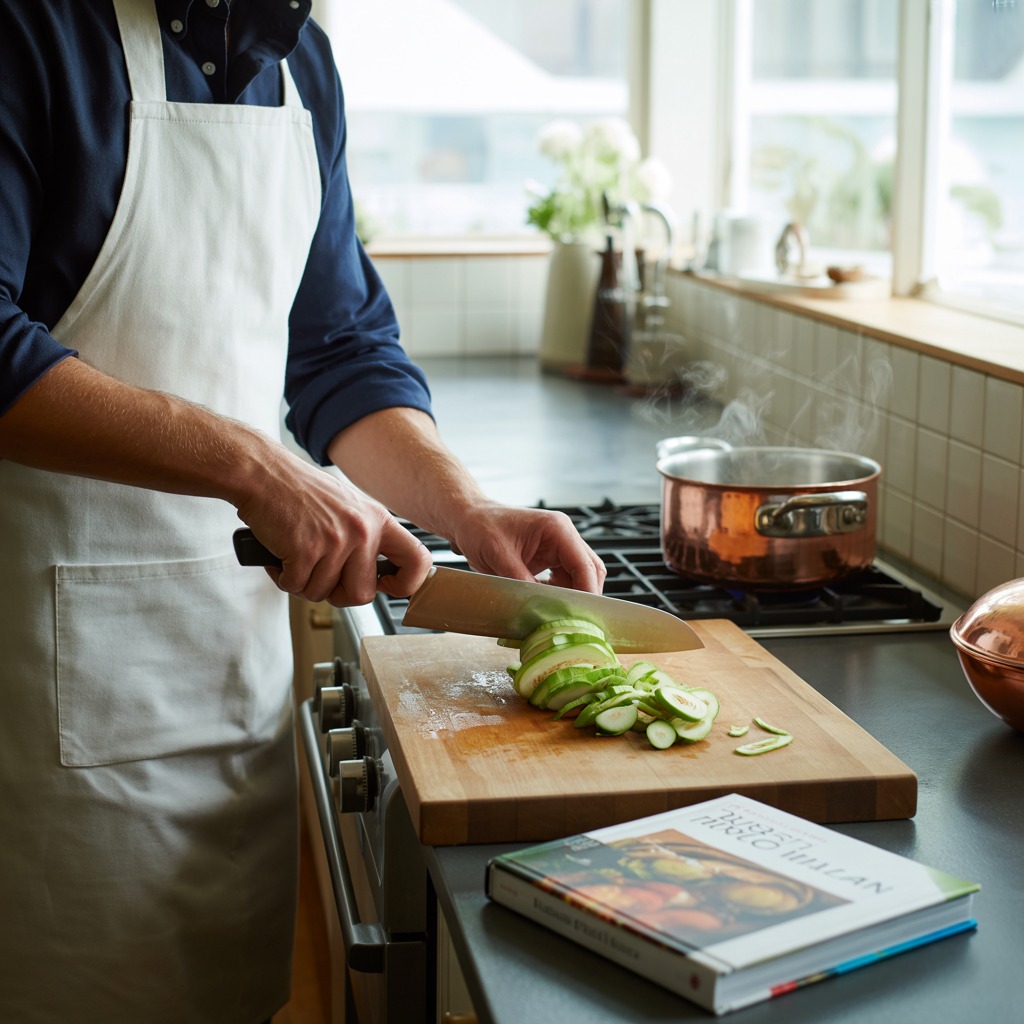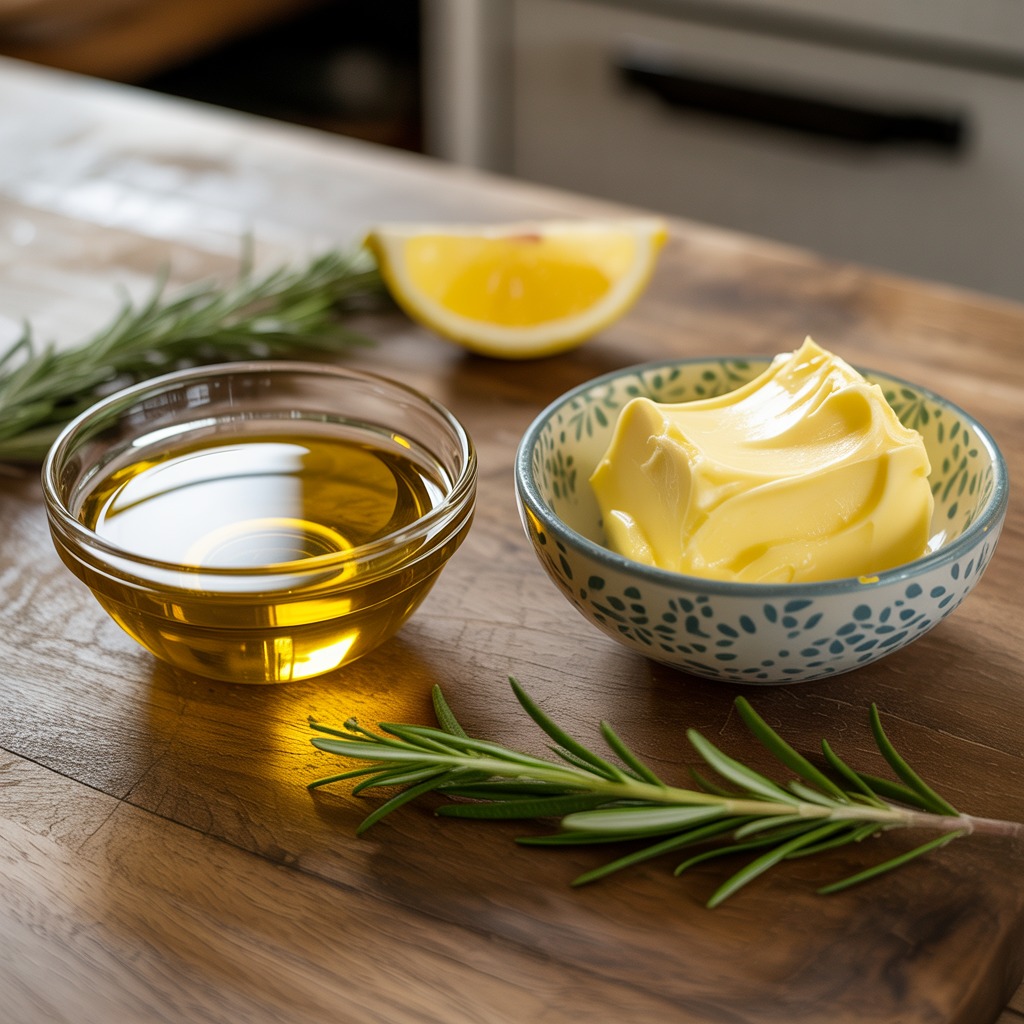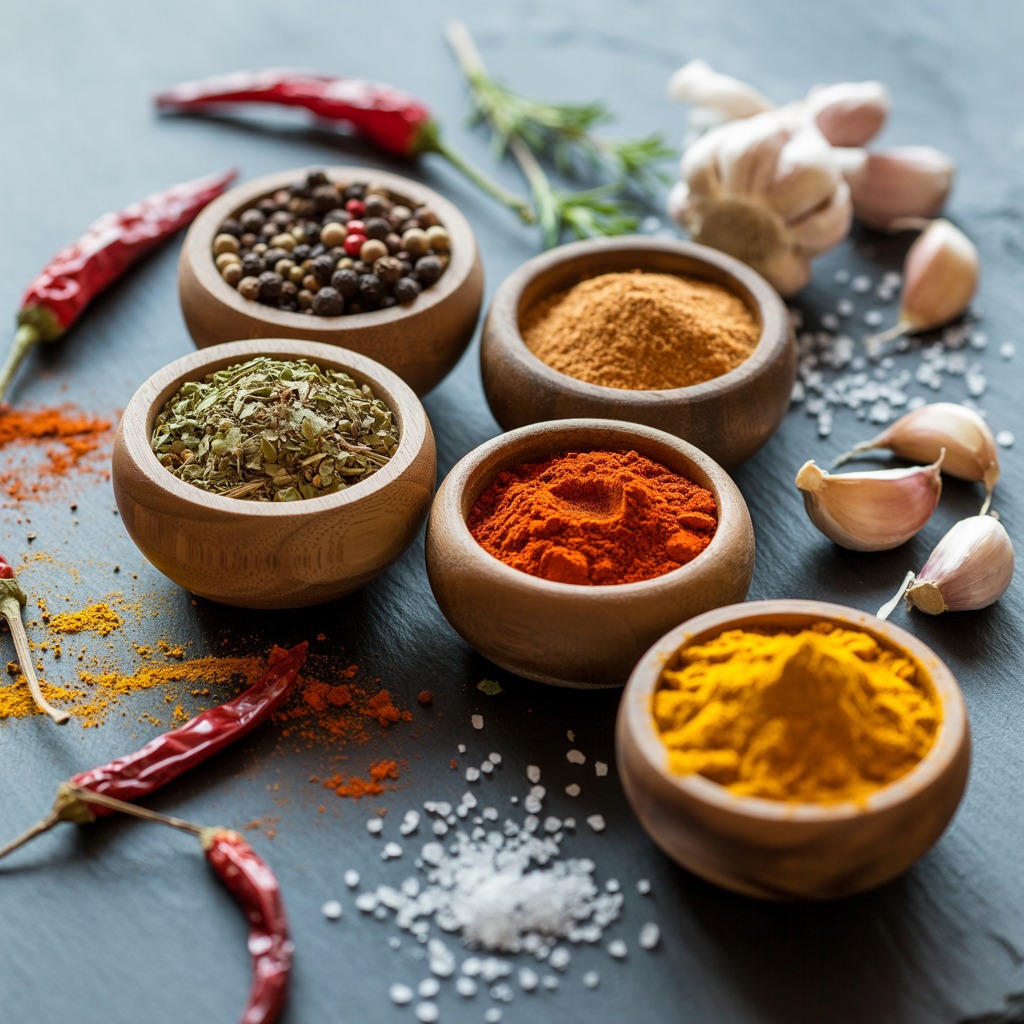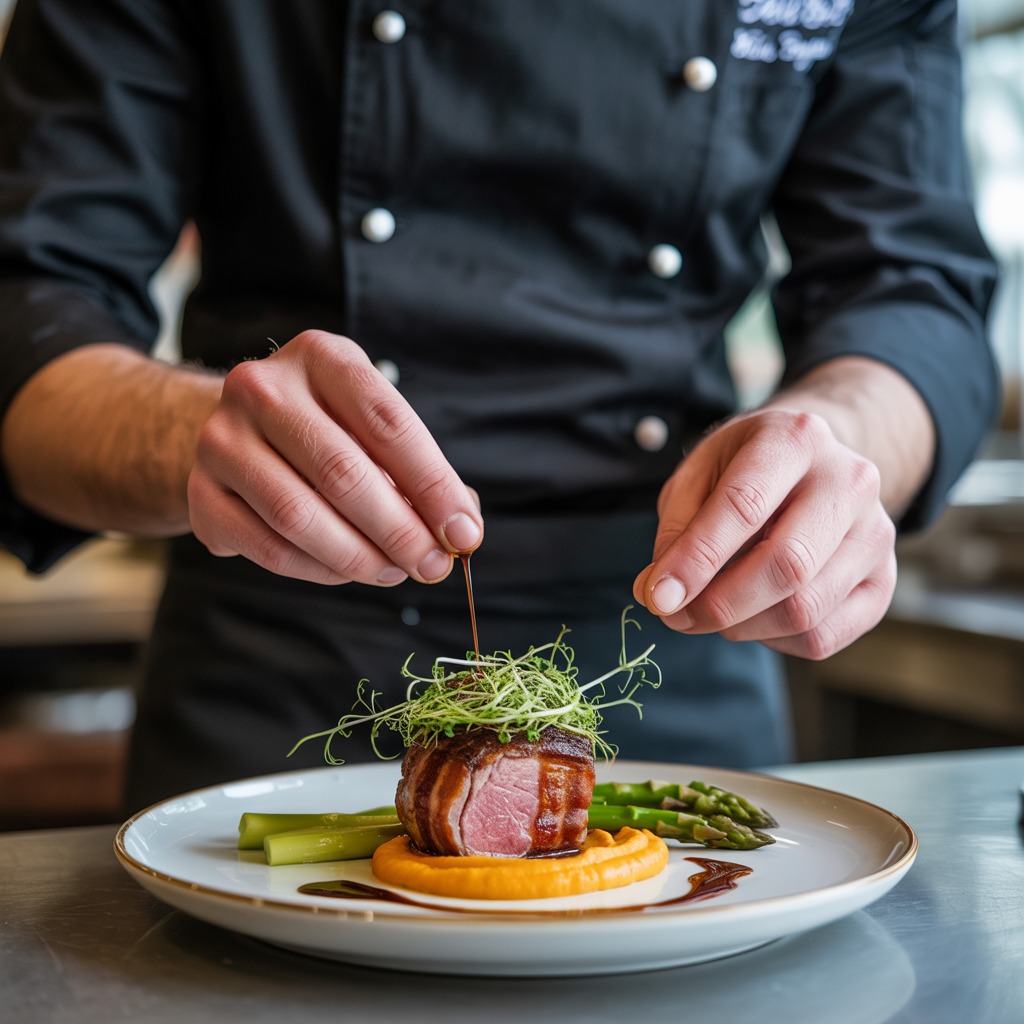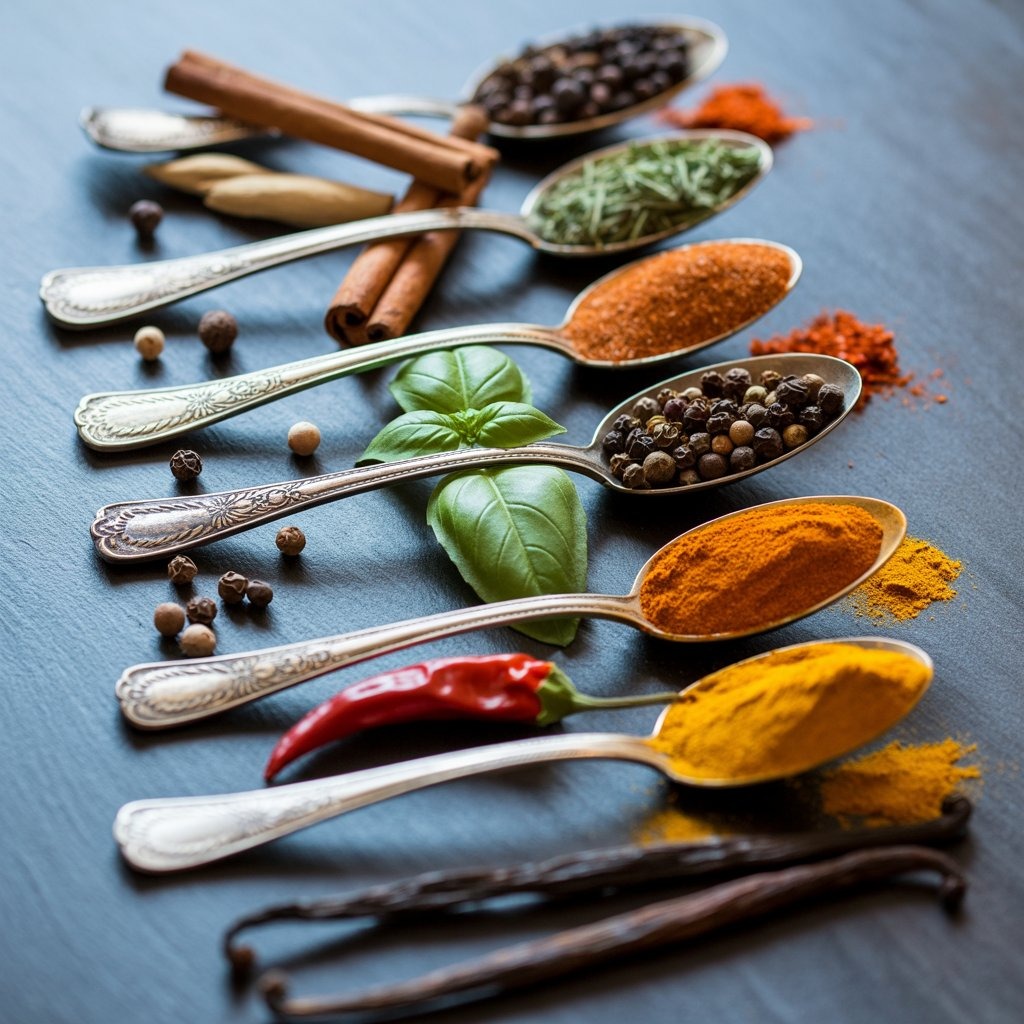The Cutting Board That Changed Everything
I was standing in my tiny kitchen, elbow-deep in dirty dishes, staring at the third ruined dinner that week. My kids were circling like hungry sharks, and my wife—trying her best not to look worried—offered to order pizza. Again.
It wasn’t just the food that was burned that night. My pride was too.
I’d always thought cooking was something you either had a gift for or didn’t. And I was sure I didn’t. So for years, I stayed out of the kitchen unless I was heating up leftovers. I played it safe. I blamed my full-time job, the kids, the mess. But the truth? I was afraid to fail.
What changed? A wooden cutting board. A Father’s Day gift from my kids. They made it themselves at school, their names carved in shaky handwriting across the edge. It came with a sticky note: “For Daddy to make pancakes. Love, J + M.”
That board sat on my counter for two weeks. Every time I passed it, it reminded me of them. Not with pressure, but with invitation. So I picked up a knife. Pancakes were first. Terrible, lumpy pancakes. But the kids ate them with big, syrupy smiles.
That was the beginning.
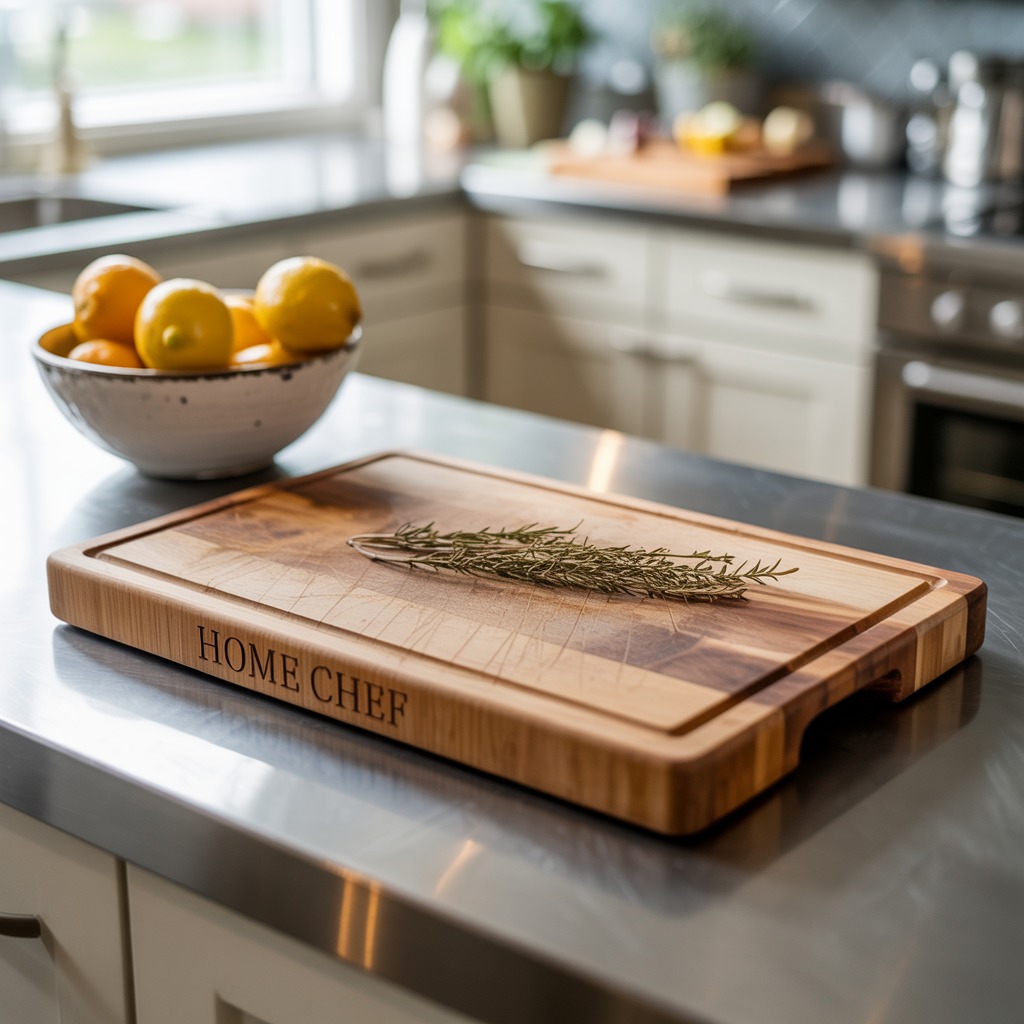
I Thought Cooking Was About Recipes. I Was Wrong
Back then, I believed I just needed the right cookbook or the perfect pan. I bought tools I didn’t understand. I saved elaborate recipes I never tried. I saw the kitchen as a test and felt like I was constantly failing.
But what I wish I knew before I learned to cook is this: cooking is not a test. It’s a language. And like any language, you start by fumbling your words. You forget the salt, burn the onions, drop the eggs. Then one day, things begin to make sense.
Learning to cook meant letting go of the idea of doing it perfectly. It meant paying attention—to the smell of garlic hitting the pan, to the excitement in my kids’ voices when they asked what’s for dinner, to how food made us all feel more at home.
When Fried Rice Taught Me to Trust Myself
One of the first dishes I made that felt like a win was fried rice. Not because it was gourmet, but because I figured it out with what I had.
I opened the fridge and pulled out leftovers—cold rice, a few sad vegetables, an egg. I didn’t have a recipe. I just chopped, stirred, and seasoned until the smell told me I was on the right track.
That moment taught me that cooking wasn’t about perfection. It was about trust. Trusting your senses. Trusting your instincts. Trusting that you’re allowed to mess up and try again.
What I Wish I Knew
If I could go back to the beginning, I wouldn’t give myself a better knife or a simpler recipe. I’d give myself permission. I’d tell myself it’s okay to not know what you’re doing. That no one starts out confident.
I wish I knew that toast for dinner counts. That pancakes made from the wrong mix can still bring your kids joy. That garlic burns quickly and that’s okay. That the only way to get better is to keep cooking.
Meals don’t have to look like the pictures in cookbooks. They just need to bring people together. And sometimes, they just need to fill the belly and move on.
Notes From My Kitchen Now
Now I’m the one making lunches in the morning. I roast chicken on Sundays and chop veggies while the kids argue over what show to watch. My son knows how to crack an egg. My daughter still insists on naming every dinner like it’s a character in her bedtime stories.
The kitchen is far from perfect. There’s always a towel on the floor, a dish that didn’t get washed, a timer going off too late. But it’s ours. And it’s full of life.
That wooden cutting board is still in use. It’s got knife marks and faded names. But it reminds me of the time I said yes to trying. Yes to showing up. Yes to making pancakes, and failing, and making them again.
Conclusion
I didn’t plan on becoming a home cook. I just wanted to stop ruining dinner. What I found instead was a place where I could grow, experiment, and be myself.
If you’re standing at your stove right now, wondering if you’re doing it all wrong—take a breath. You’re doing more than you think. The burnt toast, the overcooked pasta, the soup that needed more salt—they’re part of your story.
Keep cooking. Keep trying. One day, you’ll look back and realize you built something beautiful, one meal at a time.
And I’d love to know—what dish helped you believe you could cook?
